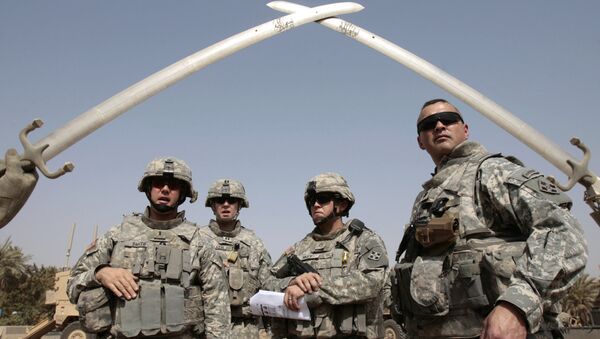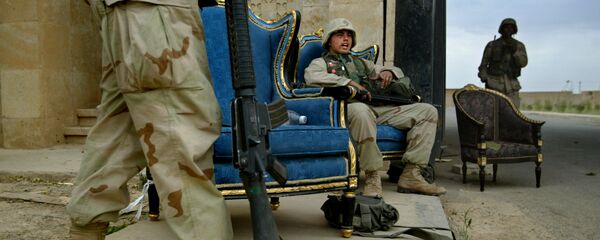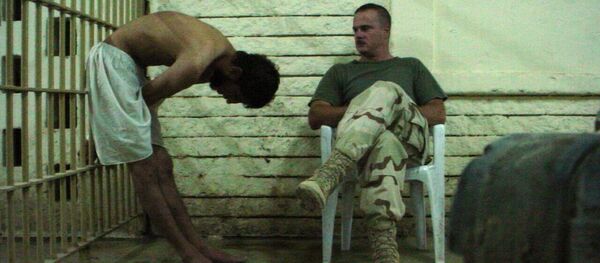This week marks the 15th anniversary of the invasion of Iraq. US leaders' now-infamous pretexts for the attack included Iraq's weapons of mass destruction, and Iraqi President Saddam Hussein's suspected links to al-Qaeda. Carried out by the so-called 'coalition of the willing', which included the US, the UK, Spain, Australia, and a number of other smaller countries, the invasion was condemned by US allies France and Germany, as well as Russia and China.
In neighboring Iran, the invasion was met with concerns about the creation of another US foothold in the region, along with fears that Iraq's destabilization and destruction could lead to something much worse.
Following the invasion, the diplomat recalled, none of the US's claims, from Iraqi WMDs, to Saddam's alleged support for al-Qaeda, to the argument that the US was on a mission to liberate Iraq and overthrow its dictatorship, turned out to be true. "The real US goal was Iraq's occupation, the deployment of US forces and, over the long-run, an attack on Iraq's neighbors," Afghani said. "The goal included an attempt to keep Tehran in fear of a possible blockade and invasion," he added.
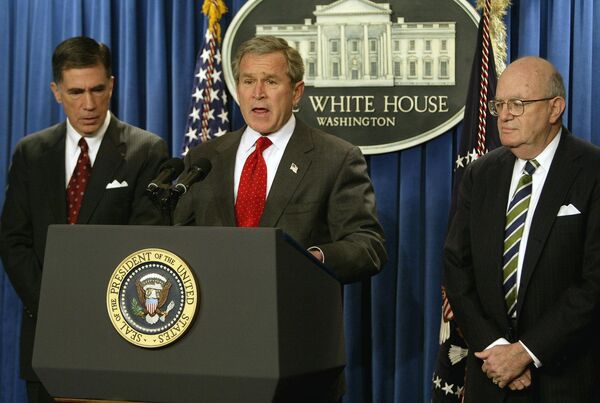
Arguing that the invasion was accompanied by destruction, violence, and crimes against humanity, Afghani stressed that the end result was essentially the destruction of Iraq's infrastructure and economy, as well as its army, which had once been one of the strongest in the Middle East.
Afghani recalled that during the occupation, Washington attempted to tie Iraq up into a number of onerous and one-sided agreements, including long-term base agreements, essentially aimed at forcing the country to capitulate. As a result, a number of militia groups were formed to resist the US occupation, including Asa'ib Ahl al-Haq, the Badr Organization, and others.
"These were trained under the leadership of Iranian general Qasem Soleimani, and managed to inflict considerable damage to the American military, their equipment and bases. America could no longer tolerate such losses," and formally withdrew from Iraq in late 2011, the diplomat noted.
Ultimately, Afghani noted, the sad end result "was the destruction of Iraq's infrastructure, its economy, and the literal fragmentation of the country, resulting in the strengthening of religious and ethnic confrontation."
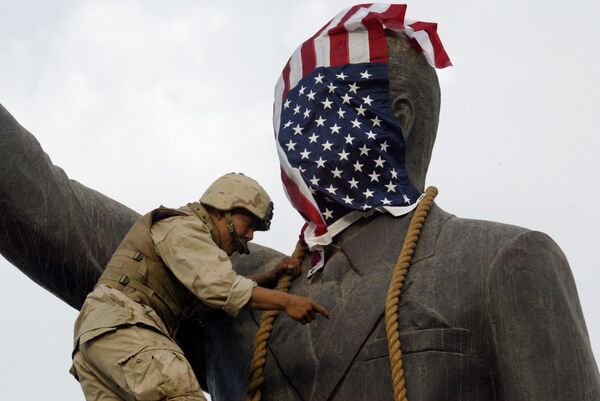
At the same time, he added, "the slogans about Saddam's supposed WMDs, which the Americans used as a pretext for their invasion, turned out to be one big lie. This is a lie that we continue to see to this day: it is the same scenario Washington is actively using in Syria, accusing Bashar Assad's forces of using chemical weapons in Eastern Ghouta."
Finally, Afghani recalled, together with Iraq's division and destruction, the American invasion brought with it "the greatest evil – giving rise to the extremists. Al-Qaeda in Iraq turned into Daesh. After 2011, militants from this group managed to do what the Americans had failed to do during their campaign. Daesh seized broad swatches of Iraq's territory and its oil fields, committed many atrocities and crimes, and held Iraqis in fear over the course of many years. Daesh became a threat not just for the countries of the region, but for Europe and other countries."
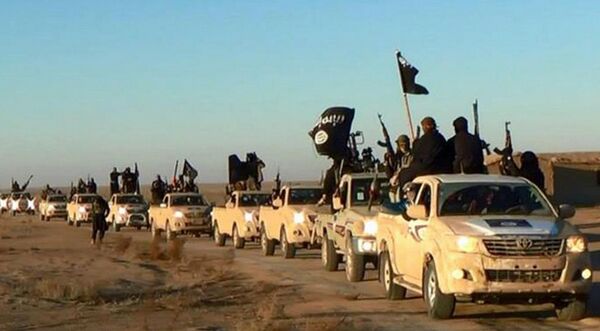
Summing up the Iranian position on the US invasion, Afghani emphasized that "notwithstanding our hostile relationship toward Saddam's dictatorial regime, with which Iran had fought for eight years [during the 1980-1988 Iran-Iraq War], he did not deserve to be executed at the hands of the Americans. They destroyed Iraq, its economy, and plundered its oil resources. If anyone was to bring Saddam to justice for his actions, it should have been the Iraqi people, not US invaders who have brought so much grief and distress to the country."
*A terrorist group banned in Russia.
The views and opinions expressed by Seyed Hadi Afghani are those of the expert and do not necessarily reflect those of Sputnik.
